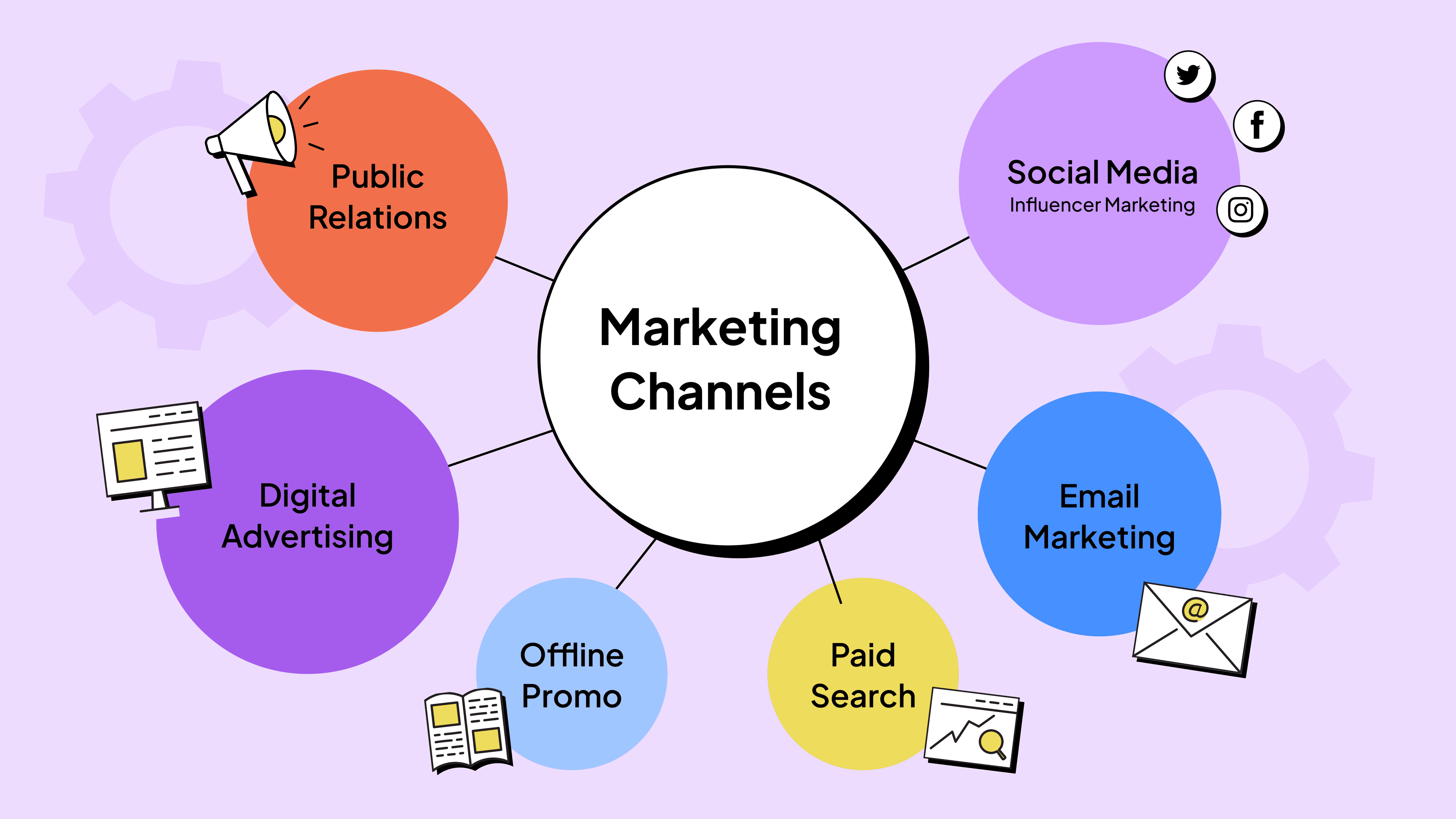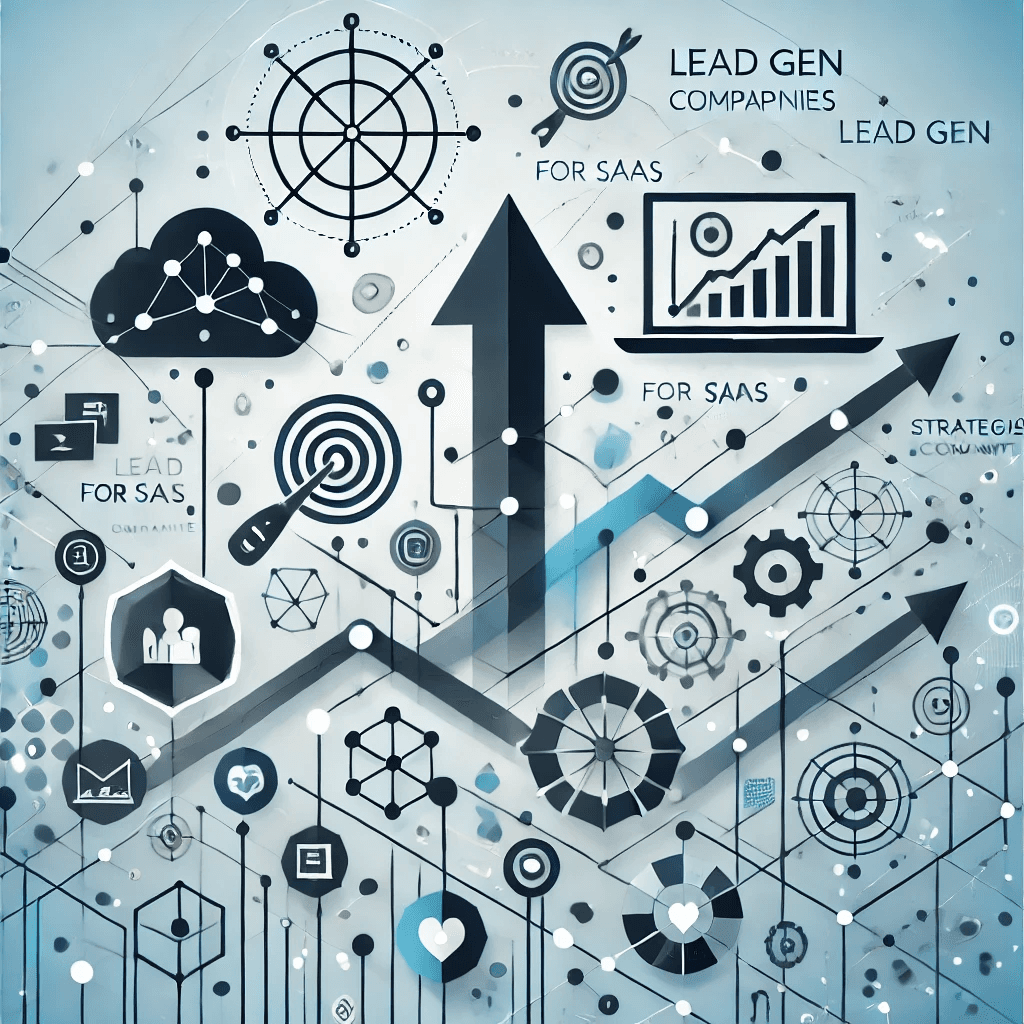The Power of AI in Lead Generation: Revolutionizing Sales and Marketing

In today’s rapidly evolving business environment, AI lead gen stands as a beacon of innovation, revolutionizing the way companies approach sales and marketing. The integration of artificial intelligence into lead generation processes marks a significant shift, offering enhanced efficiency, precision, and personalized customer interactions. Such advancements not only streamline operations but also pave the path for groundbreaking methodologies in identifying and nurturing potential clients. With AI, the landscape of engagement and conversion is witnessing a transformation, underscoring the pivotal role of technology in driving business growth.
The following sections delve into the intricacies of how AI transforms the lead generation process, highlighting the use of various AI tools and technologies, including the increasingly popular chatbot lead gen. Beyond a mere technological exploration, this article examines the profound impact AI has on sales and marketing teams, enriching strategies and bolstering performances. Real-world applications and success stories further illustrate the tangible benefits and potential of using chatbots for lead gen, offering insight into the practical implications and success metrics. Conclusively, the article maps out the future trajectory of AI in sales and marketing, opening a discussion on its long-term implications and the ongoing evolution of AI-powered strategies.
How AI Transforms the Lead Generation Process
Artificial intelligence (AI) is fundamentally reshaping the landscape of lead generation, enhancing the efficiency and effectiveness of sales and marketing strategies. By integrating advanced algorithms and machine learning techniques, AI enables businesses to automate repetitive tasks, refine lead scoring, and improve qualification processes, thus significantly boosting the overall productivity of sales teams.
Automation of Repetitive Tasks
AI excels in automating time-consuming, manual tasks involved in lead generation, such as data entry, lead capture, and initial contact . This automation not only frees up sales personnel to focus on more complex and revenue-generating activities but also increases the speed and accuracy with which leads are processed. For instance, AI-powered tools can extract and organize information from various sources like website forms, emails, and social media profiles automatically, ensuring that no potential lead is overlooked .
The real-time processing capabilities of AI allow companies to handle vast volumes of lead data efficiently. By automating these tasks, businesses can respond to potential leads swiftly, enhancing the chances of conversion and allowing sales teams to engage with leads at the peak of their interest .
Lead Scoring and Qualification
AI dramatically transforms lead scoring and qualification by employing sophisticated algorithms that analyze multiple data points to assess the quality and potential of each lead . This process includes evaluating factors such as a lead's behavior, engagement level, and demographic information to predict their likelihood to convert. AI-driven lead scoring models assign a value to each lead, prioritizing those with the highest potential for conversion, thus enabling sales teams to focus their efforts more effectively .
Moreover, AI enhances lead qualification by identifying patterns and behaviors indicative of a lead's readiness to purchase. This capability allows for more targeted and personalized marketing efforts, as AI systems can dynamically segment leads and tailor communications to meet the specific needs and interests of each prospect . By understanding and acting on these insights, businesses can significantly improve their engagement strategies, leading to higher conversion rates and a better return on investment.
AI lead generation tools, like ZoomInfo and 6sense, provide further support by offering deep insights into lead behavior, which helps sales development representatives (SDRs) prioritize their outreach efforts more efficiently . These tools automate the qualification process and ensure that sales teams spend their time engaging with leads most likely to result in sales, thereby optimizing resource allocation and maximizing sales outcomes .
In summary, the integration of AI into the lead generation process not only streamlines operations but also empowers businesses with the tools needed for more effective targeting, engagement, and conversion of potential leads into loyal customers. Through the use of AI, companies are able to adapt more quickly to market changes and consumer behaviors, ensuring sustained growth and competitiveness in a rapidly evolving digital landscape.
AI Tools and Technologies Used in Lead Generation
Chatbots
Chatbots, particularly those designed for lead generation, are transforming how companies interact with potential customers. These AI-driven tools automate conversations, efficiently gathering customer information and guiding them through the buying process . By setting up chatbots with specific qualifying questions aligned with a company's sales process, businesses can effectively determine the sales-readiness of leads . Additionally, the use of chatbots can significantly reduce the need for human customer service agents, thereby saving costs over time .
CRM Systems
AI is revolutionizing Customer Relationship Management (CRM) systems by automating tasks and providing insights that were previously unattainable. AI-enhanced CRMs can sift through vast amounts of data to predict which leads are most likely to convert, allowing sales teams to focus their efforts on the most promising prospects . This not only improves efficiency but also personalizes the customer experience, which is crucial as a personalized approach is often key to winning customers .
Marketing Automation Software
AI-powered marketing automation software plays a pivotal role in streamlining marketing processes. By leveraging AI, companies can automate the creation and delivery of personalized content to potential leads, enhancing engagement and conversion rates . AI algorithms are used to analyze customer data and behaviors, tailoring marketing efforts to individual needs and preferences . This capability enables marketers to send thousands of personalized emails efficiently, manage multiple marketing campaigns, and adjust strategies based on predictive data analysis .
By integrating these AI tools and technologies, businesses are not only able to enhance their lead generation processes but also significantly improve their overall marketing and sales strategies. This leads to better customer engagement, higher conversion rates, and ultimately, increased revenue.
Impact on Sales and Marketing Teams
Artificial Intelligence (AI) is significantly altering the dynamics within sales and marketing teams, enhancing both efficiency and the quality of interactions with customers. By integrating AI across various stages of the sales process, teams are witnessing a transformation in their operational efficiencies and customer engagement strategies.
Improved Collaboration
AI-driven tools are pivotal in fostering improved collaboration among sales and marketing teams. By automating repetitive tasks, AI allows team members to focus on more strategic activities that require human insight and creativity. For instance, AI-powered Customer Relationship Management (CRM) systems provide sales teams with precise tracking of online activities and rich insights into target audiences, which streamline sales efforts and improve productivity . Additionally, personalization technologies enable sales professionals to tailor their interactions and strategies to meet the specific needs of individual customers, making each interaction more relevant and engaging .
Better Targeting and Outreach
The use of AI in sales and marketing extends to enhanced targeting and outreach. AI-driven customer segmentation analyzes customer data to categorize individuals based on behaviors, preferences, and demographics, significantly enhancing sales strategies by enabling precise targeting and personalized engagement . Moreover, predictive analytics and machine learning algorithms aid in sales process optimization by identifying promising leads, allowing sales teams to strategically prioritize efforts on potential customers with a greater likelihood of conversion .
Furthermore, AI contributes to content optimization in sales by tailoring marketing content and communication to individual customer preferences. Natural Language Processing (NLP) analyzes customer interactions, enabling sales teams to understand the sentiments and preferences of customers better. Recommendation engines powered by AI algorithms suggest personalized content, such as product recommendations or targeted promotional content, based on historical data and real-time customer behavior .
The integration of these AI technologies not only streamlines the workflow within sales and marketing teams but also ensures that their efforts are more aligned with consumer needs and behaviors, leading to higher conversion rates and customer satisfaction. This strategic use of AI fosters a more collaborative environment and enhances the effectiveness of sales and marketing initiatives.
Real-World Applications and Success Stories
Industry-Specific Examples
In the realm of home services, AI has demonstrated its power to scale businesses effectively. For instance, companies have leveraged machine learning technology to control their lead generation, resulting in a blueprint for growth over three decades. This strategic application of AI ensures that leads are not only generated but are of high quality, tailored to the specific needs of the home services sector .
The transportation and logistics industry also benefits from AI-driven solutions. 160 Driving Academy, for example, utilized a partner platform that incorporates AI to expand its operations across more than 125 locations. This significant growth is attributed to the effective use of AI in streamlining lead generation and operational processes .
In the roofing sector, Feazel Roofing has capitalized on AI's capabilities by employing a suite of lead generation and capture tools. This integration has maximized their growth opportunities by enhancing both the quantity and quality of lead capture .
Notable Success Stories
AI's impact is equally impressive in the contact center and cybersecurity sectors. A woman-owned contact center partnered with Callbox to deploy a multi-channel Account-Based Marketing (ABM) strategy powered by AI, leading to the generation of high-quality leads. This collaboration not only addressed lead generation challenges but also positioned the company as a leader in the industry .
Similarly, a cybersecurity provider faced with talent shortages and technological hurdles turned to AI for solutions. Through strategic partnerships, they overcame these challenges, ensuring continued growth and industry leadership .
The real estate industry has seen transformative changes with AI, particularly in property management. AI automates critical operations such as maintenance scheduling, tenant screening, and lease administration, which not only reduces errors but also enhances overall efficiency and customer satisfaction .
In summary, these real-world applications and success stories across various industries highlight the transformative power of AI in lead generation and business operations. By adopting AI, companies are not only improving their efficiency but are also setting new benchmarks for success in their respective fields.
Conclusion: The Future of AI in Sales and Marketing
Through the lens of this article, it is evident that the fusion of artificial intelligence with lead generation processes heralds a new era for sales and marketing strategies. By enhancing efficiency, personalization, and targeting, AI is not only transforming the nature of engagement with potential clients but also setting a new benchmark for the effectiveness of marketing campaigns and sales efforts. The detailed exploration of AI tools and technologies, from chatbots to CRM systems, underscores the critical role of automation and sophisticated data analytics in refining lead generation and management. Additionally, the real-world applications and success stories across various sectors illustrate the broad-spectrum benefits and versatility of AI in addressing industry-specific challenges and objectives.
Reflecting on the journey through AI's impact on lead generation, it's paramount to recognize its significance in fostering competitive advantage and fostering growth in today's digital marketplace. As the landscape of sales and marketing continues to evolve, the strategic integration of artificial intelligence emerges as a cornerstone for future success. Businesses are thus encouraged to embrace AI-driven strategies, not only to streamline their operational processes but also to enrich their engagements with potential and existing customers. Moving forward, as AI technology continues to advance, its role in lead generation and customer relationship management is poised to become increasingly indispensable, offering endless possibilities for innovation and enhanced performance in the domain of sales and marketing.
FAQs
1. How does AI enhance sales and marketing efforts?AI significantly improves sales and marketing by providing advanced data enrichment, analysis, and applications. It boosts performance through AI-powered conversation intelligence, enhances pipeline management and forecasting, streamlines sales engagement, and allows for the personalization of pitches and email outreach.
2. In what ways is AI transforming marketing?AI transforms marketing by processing data in real-time, allowing campaigns to be adjusted according to current trends and consumer behaviors. Through the use of advanced algorithms and machine learning models, marketers can predict customer churn, personalize experiences, and optimize service offerings more effectively.
3. What benefits does artificial intelligence bring to marketing?Artificial Intelligence enhances the customer experience in digital marketing, which is pivotal for converting visitors into leads. AI aids in increasing customer retention and loyalty, delights customers with personalized content, and improves marketing assets.
4. What function does AI serve in lead generation?AI is revolutionizing lead generation by utilizing machine learning, natural language processing, and predictive analytics to more accurately identify and engage prospective customers in a personalized way, thereby enhancing business development efforts.



